Soap Nuts: The Green Clean Detergent
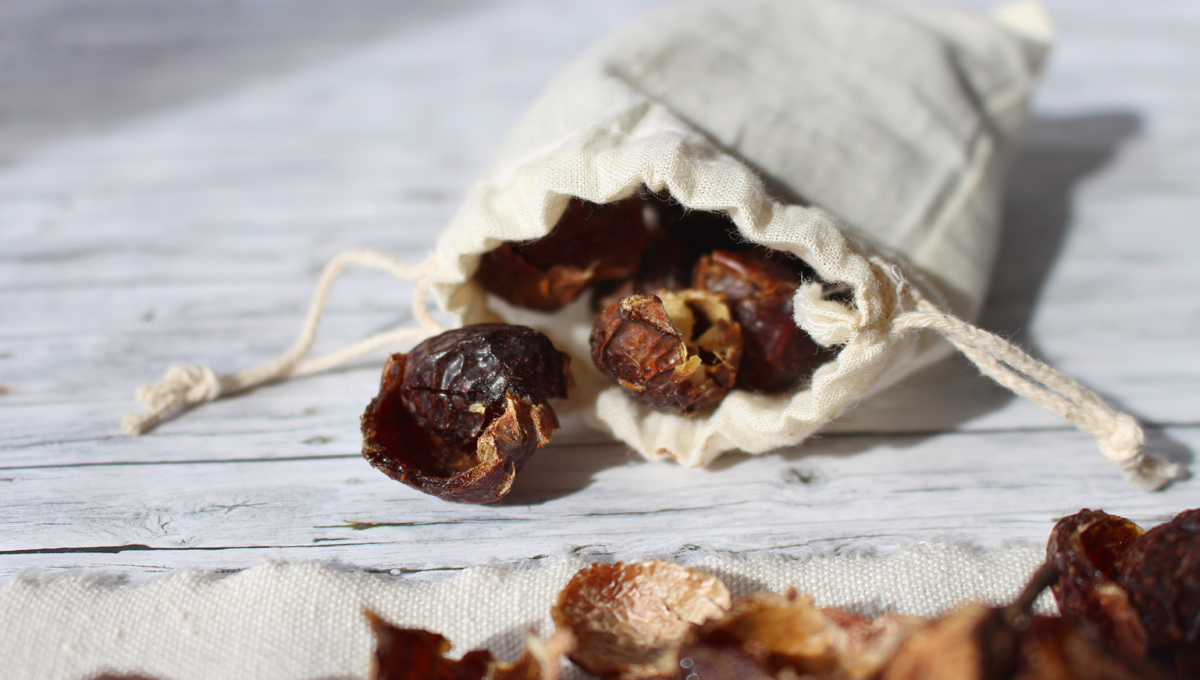
The North American consumer is moving towards becoming an informed buyer. An average American is now aware of facts that previously went unnoticed such as the presence of Triclosan in anti-bacterial soaps, bisphenol-A in plastics and that air fresheners are abuzz with phthalates. In simple words, the above describes the various harmful chemicals that are present in items that a person uses on a daily basis. People are now coming to realize that such chemicals are not just harmful to human health but also deplete the environment. The shift towards plant based and natural products is evident.
Why Not Regular Laundry Detergents?
Cleaning and washing laundry are a regular household task. There are various options in the market in the form of cleaning aids and commercial laundry detergents. These detergents contain a blend of many toxic chemicals that are present in the form of residue on clothes after they are washed. The skin may absorb these chemicals into the blood stream or they may evaporate and be taken in by children causing potential health effects.
Regular laundry detergents contain ammonia and phosphates which is why many people experience itching, rashes and allergic reactions, such as eczema, to these detergents. A better, safer, ethical and environmental friendly option would be to use Soap nuts as a detergent and cleaning aid.
Soap Nuts as Detergents and Cleaning Aids
Soap nuts are a type of berry native to India, Nepal and other South Asian countries. The larger variety of soap nuts (Sapindus Mukorrosi) is widely used as a natural detergent and cleaning aid all over the world. The saponins in soap nuts make them an excellent detergent and cleaning aid.
Saponins are nature’s cleansing agents that act like soap when they come in contact with water. The saponins dissolves in the water and function as detergents. The soap nuts allow water to penetrate well into the fabric thereby washing and cleaning them. The dirt is attached to the surfactant which is then drained along with the water.
How to Use Soap Nuts for Laundry?
In order to use soap nuts for laundry purposes, 4-6 soap nut shells will be required. The soap nut shells should be taken and tied together in small muslin bag (supplied with most soap nuts orders), and tossed into the washing machine. Now you can add your clothes and do your normal laundry cycle. This set of soap nuts can be used for 4 to 5 loads of laundry. The soap nuts should be changed when they become grayish or mushy. It is advisable to allow the soap nuts to dry between successive loads of laundry. The soap nut bag should be removed before running the clothes in the dryer.
To make a liquid solution, 100 grams of soap nuts, (or approximately30-35 whole soap nuts) should be boiled in approximately 3L of water for about 20 to 30 minutes. A liquid will be obtained which is a chemical free, concentrated soap nut solution; a natural aid to all your laundry detergent needs. The shells that are left over may be added to your compost. Then 45 ml of this solution (approximately 3 tablespoons) can be used for a load of laundry. The solution made with 100 grams of soap nuts can be used for washing approximately 40 loads of laundry and will cost you less than $10!
Benefits of Using Soap Nuts as Laundry Detergents
Soap nuts help maintain the bright colors of the fabric and prevent fading with each wash. Soap nuts can be used to wash the most delicate fabrics such as silks and woolen garments without causing any harm to them.
Clothes washed with soap nuts come out feeling very soft eliminating the need to use additional fabric softeners.
The use of soap nuts does not cause any allergic reactions as it is completely natural and chemical free. They are ideal for people with allergies, eczema, dermatitis and sensitive skin.
The Author:
Kirsten Hawkins is a baby and parenting expert specializing new mothers and single parent issues.

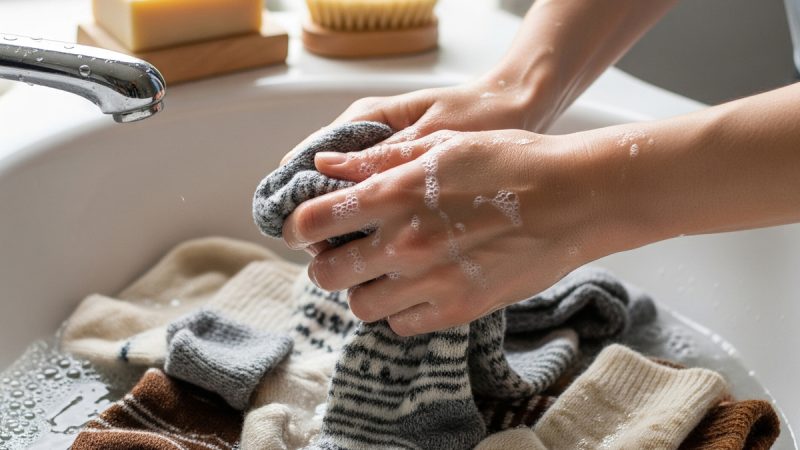
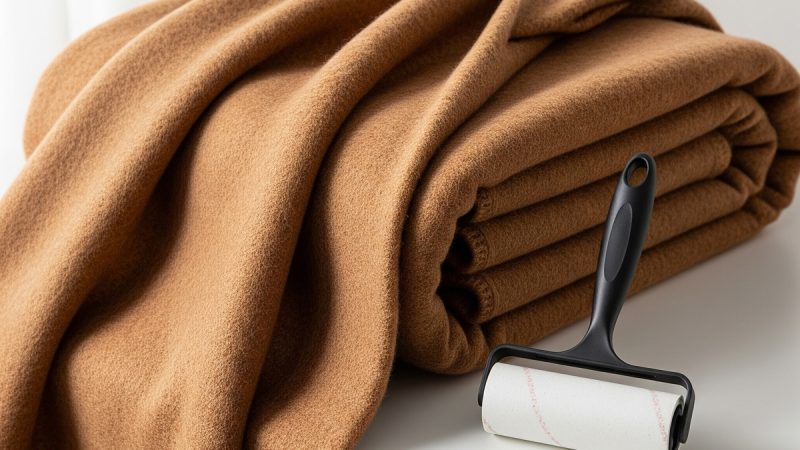

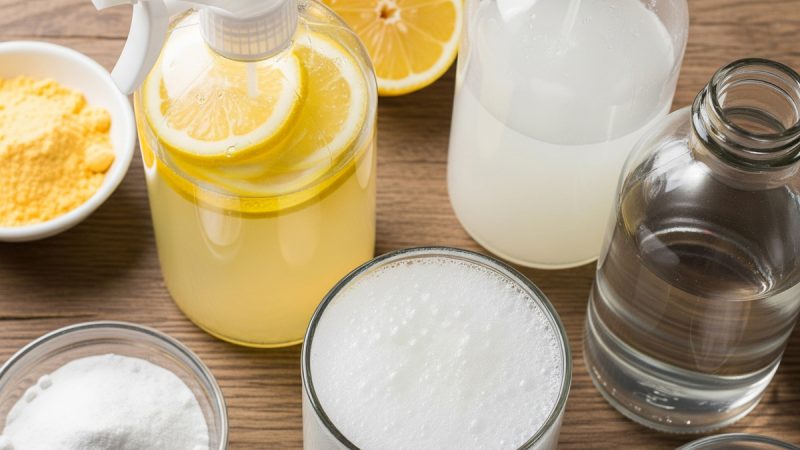
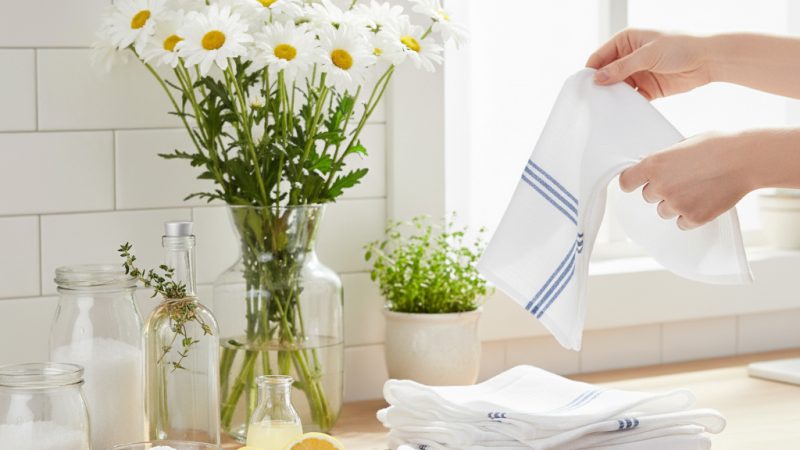
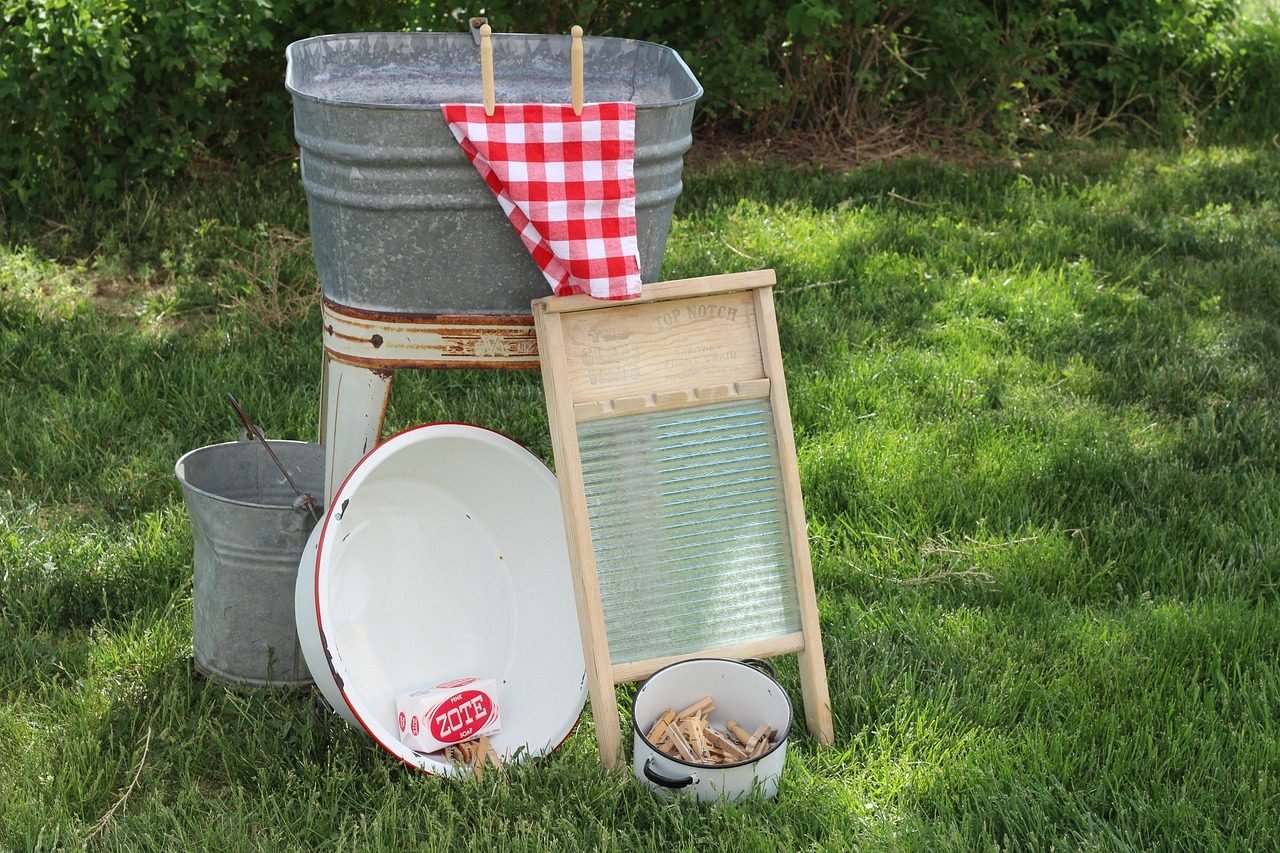

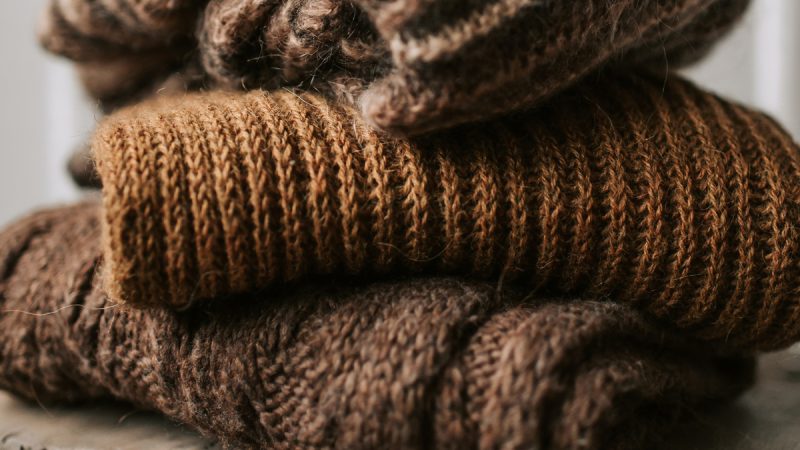
This is my inexpensive tip like, spray and wash.
Equal parts of white vinegar and liquid dishwashing soap put into a spray bottle and spray on spots, some you might have to rub on them. You will be amazed how it just lifts right off. Try it!
Thank you for sharing your tip on using equal parts of white vinegar and liquid dishwashing soap as a spot cleaner. It sounds like a simple yet effective solution. I appreciate your suggestion and will definitely give it a try. It’s always great to discover inexpensive and eco-friendly ways to remove spots and stains.